Innovation, Science and Economic Development Canada (ISED) has introduced RSS‑193, Issue 1, outlining certification requirements for broadband equipment operating in the 27.5–28.35 GHz millimetre-wave band. This standard aims to support the deployment of advanced 5G and upcoming 6G technologies.
Scope and Certification
RSS‑193 applies to both fixed and mobile broadband equipment, including base stations and user terminals. All such equipment must obtain certification under a Technical Acceptance Certificate (TAC) issued by ISED or an approved certification body. Compliance with general requirements defined in RSS‑Gen remains mandatory, with RSS‑193 taking precedence where specific rules apply.
Technical Highlights
The frequency band is divided into 17 unpaired 50 MHz blocks, which may be aggregated depending on the equipment design.
Strict requirements are set for transmitter stability, power output, and emission limits outside of assigned channels to ensure interference-free operation.
Specific testing and measurement procedures are aligned with Canada’s broader spectrum management framework.
Accreditation and Transition
Testing laboratories accredited for other millimetre-wave standards will automatically gain recognition for RSS‑193. Future accreditation renewals will need to include RSS‑193 explicitly within their scope.
Key Impact
The publication of RSS‑193 strengthens Canada’s regulatory foundation for millimetre-wave spectrum, paving the way for faster, more flexible broadband networks and creating a reliable framework for the introduction of next-generation wireless technologies.
